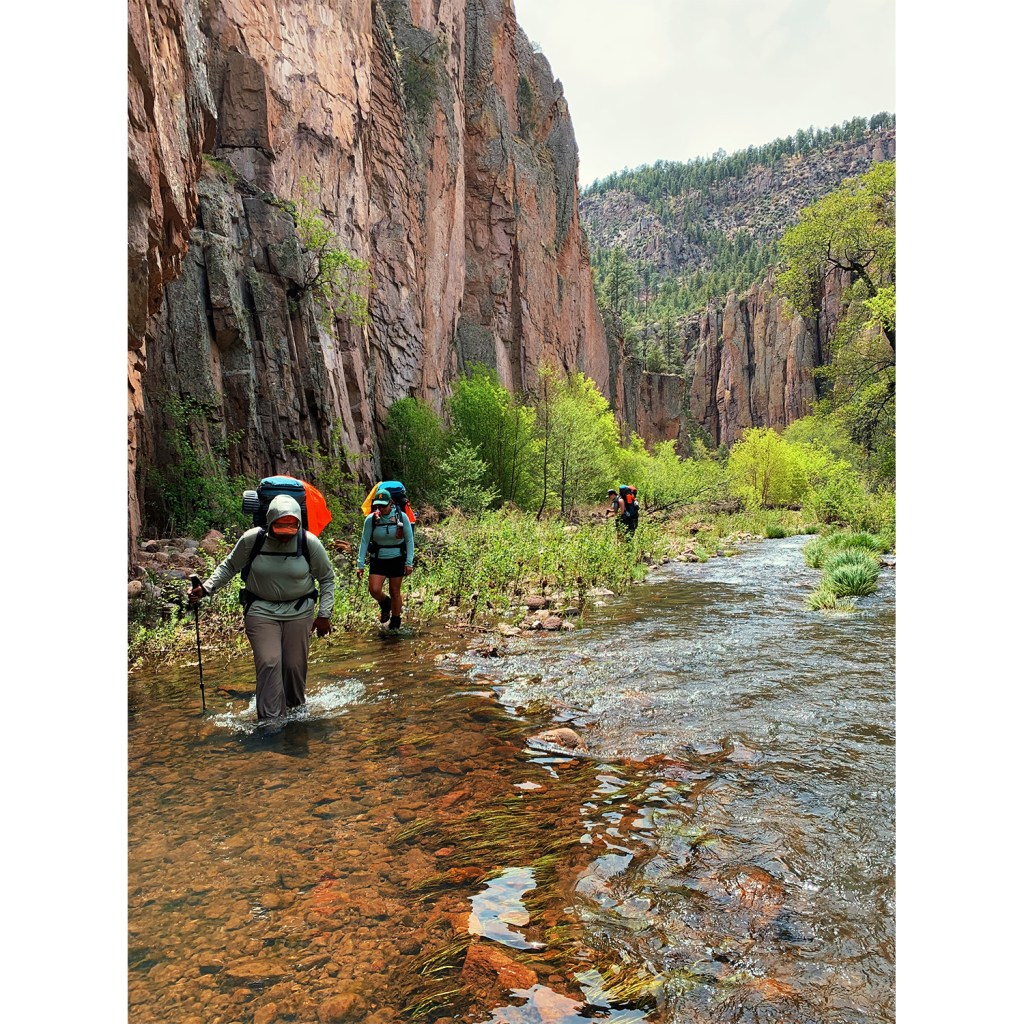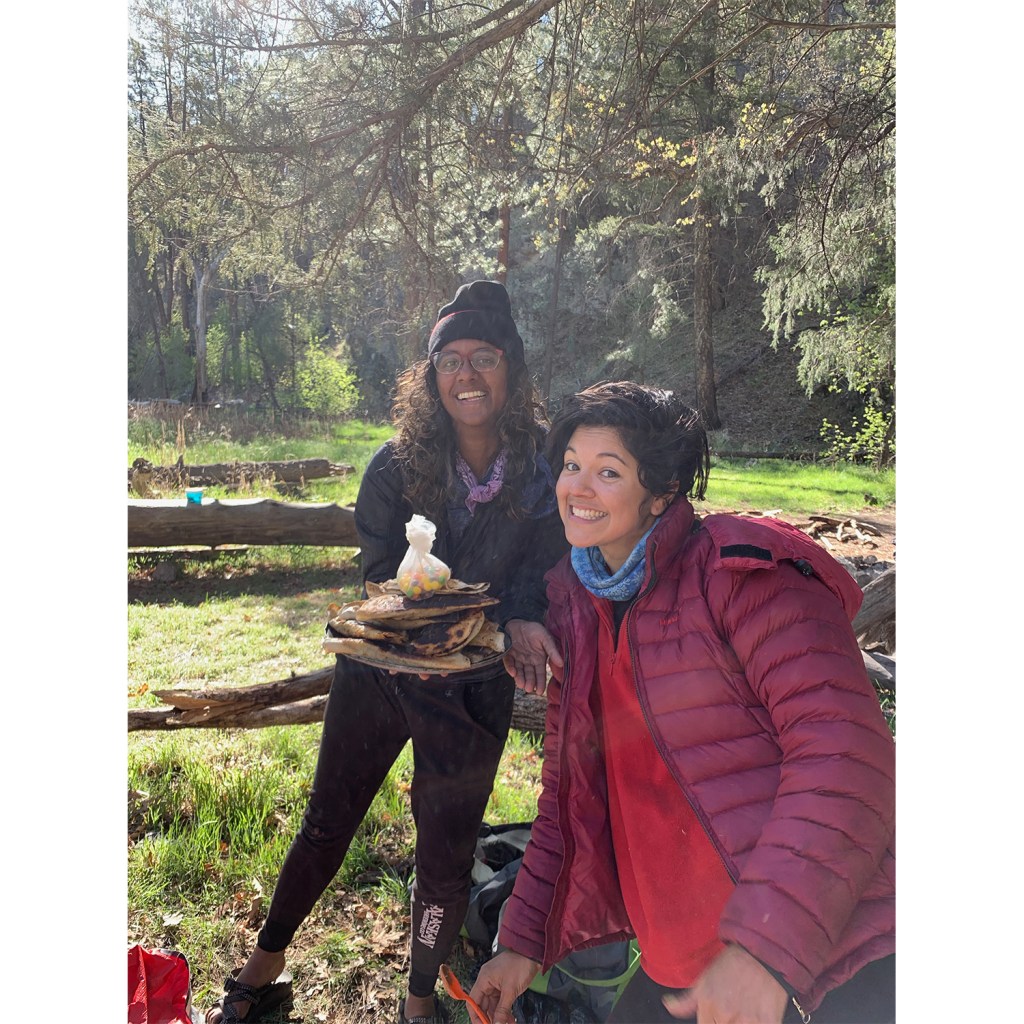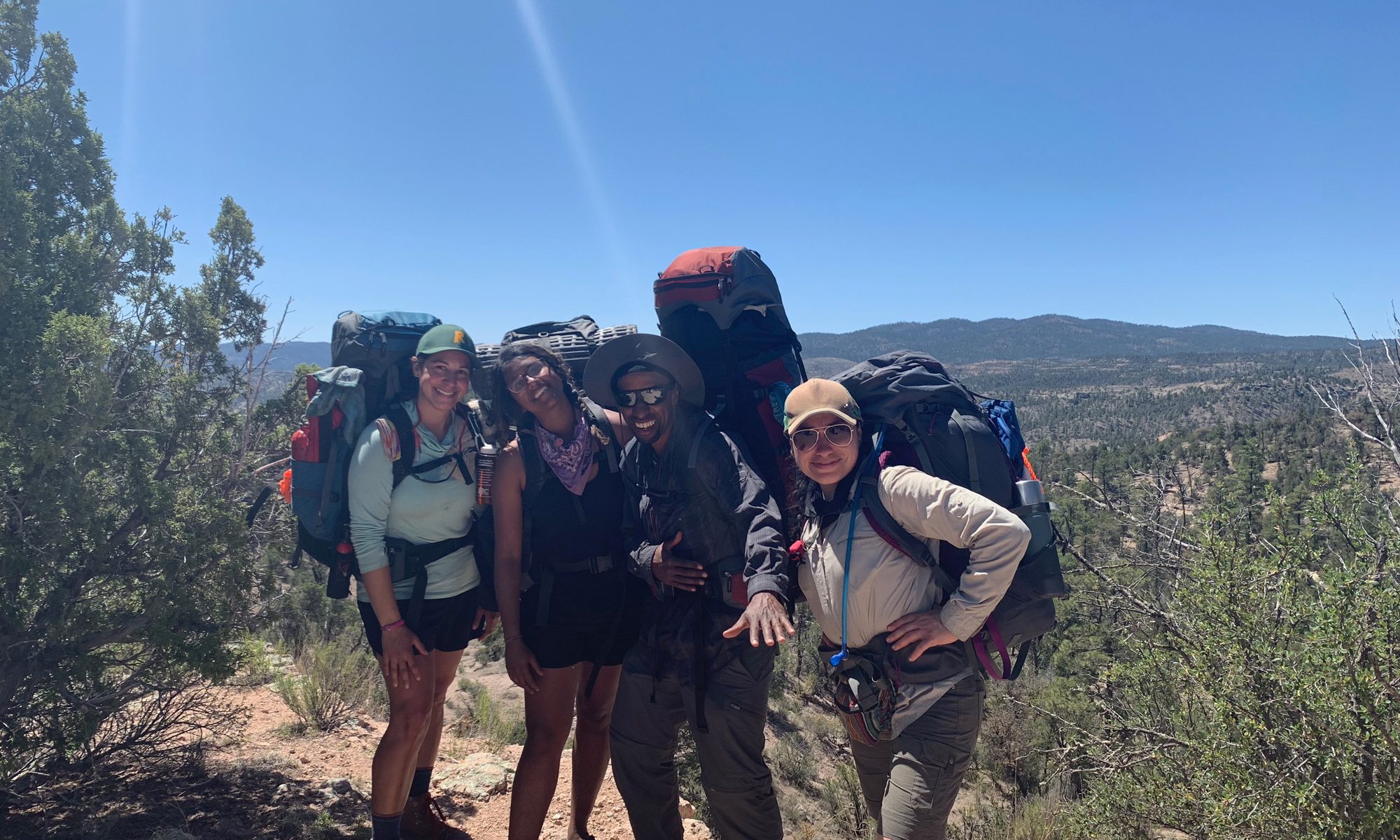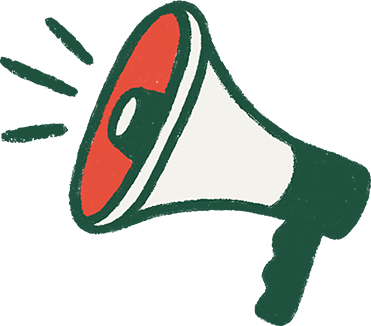On day four of a recent New Mexico backpacking trip, my hiking boots heavy and wet, I paused to catch my breath on the banks of the Gila River and realized I was seeing something I’d never witnessed before: Nine people of color, carrying more than 400 pounds on their backs, crossing a river dozens of miles from the nearest town, our two leaders of color guiding the way.
Nearly a year later, I still think about that river crossing. It took 31 years for me to find a trip where I could see my identity reflected in the people I joined in the outdoors.
Though I’ve been adventuring outdoors since 2007, my experiences have almost always been led by white adventure partners. Three white students led me on my first backpacking trip in college. My first time skiing was with a white boyfriend whose friends had a spot where we could crash in a European mountain town. And my first time sport climbing? You guessed it. Led by three white men.
This lack of outdoor opportunities for people of color, led by people of color, is what inspired the National Outdoor School (NOLS) to double down on a commitment to diversify the outdoors about five years ago. It’s also what led NOLS to offer its first-ever Leaders of Color backpacking expedition, the transformative, nine-day trip through the Gila Wilderness I joined in 2019.
NOLS—the National Outdoor Leadership School—is one of a handful of prestigious outdoor schools in the United States (note: REI partners with NOLS to host wilderness medicine classes and has done so for the past 10 years). From trips to teacher trainings to courses that ladder up to a master’s in wilderness medicine and Leave No Trace Principles, the school has fostered a love of the outdoors in thousands of students since its founding in 1965.
In 2014, the school declared a new commitment to making “diversity and inclusion part of the fabric of our culture.” With the release of its Vision 2020 strategic plan, NOLS promised to focus its curriculum on issues of social justice, and to recruit more staff and participants of color. The trip I attended is just one of a series of steps the organization is taking toward achieving that goal.
When I stepped onto the trail near the ancient Mogollon cliff dwellings in the Gila National Forest last April, I was having trouble imagining what such an expedition would be like. I’d never been on an outdoor trip in a group solely comprised and led by people of color despite extensive experience. NOLS promised to make this time different.
Our trip would be led by Rosemary Saal, 27, and Jorge Moreno, 40, who have been instrumental in helping create access for people of color in the outdoors. Saal was among the first-ever all-Black expedition to summit Denali in 2018. Moreno grew up in the Bronx, completely reorienting his career after discovering a love for the outdoors in his thirties.

Designed for self-identified people of color who are current trip leaders, the course was an opportunity to learn new teaching strategies and hone risk management skills. (Photo Credit: Jorge Moreno; Courtesy: NOLS)
We started out along a 30-plus-mile track under New Mexico’s springtime sun. But unlike on other trips, the first thing I noticed wasn’t the scenery, or the heft of my pack. It was how different backpacking felt when white culture was removed from the experience. Within minutes of setting out, the group started talking about the history of the Indigenous groups whose land we were walking on, including the Mogollon and Apache communities who had stewarded the places we walked through.
We traded stories about racism we’d experienced outdoors, sharing the many ways that traditional outdoorsy representation had failed us. We used the term “white supremacy” dozens of times, sharing the systemic ways we’d seen white culture valued over others. For the first time, I didn’t feel like I had to soften or adjust my stories, opinions or word choice to make others feel comfortable. For the first time on a hiking trip, I could speak about my experiences openly.
Surrounded by people of color, our relationship with time changed. We woke each morning at sunrise, preparing breakfast by the river, slowly peeling off layers as the sunlight crept over the hills and filtered into our campsite. We wouldn’t make it onto the trail until hours later, sometimes hiking well into the night with our headlamps after dark.
“Early on in the trip—and pretty naturally—we all sort of subconsciously and unofficially agreed that we weren’t going to prioritize being on time above things that were more important,” Saal recalled.
She worried that letting go of the schedule might cause group morale to slump. But then she saw how folks fell into long, meaningful conversations. We shared stories of our family histories, diving into topics like mental health, sexuality and assimilation over our morning coffee. Letting go of time made space for being more vulnerable.
“It wasn’t inefficiency, it wasn’t the fact that we were disorganized, or the result of some lack of skill. We all just prioritized building relationships,” Saal said. “Even when we rolled into camp at 10pm after a late start, we were still laughing, still telling stories, still telling jokes, singing in the dark while we hiked.”
Mary Ann Thomas, a 30-year-old hiker in our group who later wrote about the experience, called it a “glorious act of worldbuilding.” For nine days, we enjoyed the space and privilege to create our own backpacking culture. We controlled what was talked about and what was prioritized. We made the decisions and we made all the rules.

NOLS students explored rock dwellings in New Mexico’s Gila National Forest, located on Apache ancestral lands, during the first day of their Southwest Leaders of Color Expedition. (Photo Credit: Jorge Moreno; Courtesy: NOLS)
The trip had been billed as a chance to expand our outdoor leadership skills, and though we learned to tie knots and navigate off-trail, the days we spent in the Southwest weren’t about outdoor acumen in the traditional sense. They were about creating an outdoor culture and community only possible when whiteness was removed from the equation.
Reflecting on returning from our 2019 trip, Thomas wrote: “I am surrounded by people I did not build a world with.” For me, and other people of color in the U.S., this is our daily reality: To live and interact in a system that was not built with us in mind, but that we must still find some way to thrive in. After a lifetime of putting the needs of white people first—in the words we choose, the people we have to impress, the way we have to act—this trip was a refreshing and needed alternative.
“There is such power from coming together with a group of people with whom you can truly relax and show up as yourself, without having to worry about justifying or explaining your experiences.” Saal said.
I carried adrienne maree brown’s new book Pleasure Activism in my pack during the trip. Around the campfire one night, our group reflected on a line that brown quotes from poet and Civil Rights activist Audre Lorde: “For once we begin to feel deeply all the aspects of our lives, we begin to demand from ourselves and from our life pursuits that they feel in accordance with that joy, which we now know ourselves to be capable of.”
I recently heard brown speak at a conference for people of color where she told the audience, “An absence of whiteness is not enough to give us community … shared trauma does not make us a community either. There’s got to be a texture that’s more solid than that because when trauma heals, then what do we have? What preexisted our current collective trauma?”
My experience on the trip gave me the beginning of an answer. The joy we shared together created a far more solid texture and sense of community than many other spaces I’ve been in. It felt like an important step in demanding that same level of joy in other parts of our lives.

During the nine-day expedition, students put their backcountry cooking skills to the test, perfecting their own take on NOLS recipes. (Photo Credit: Jorge Moreno; Courtesy: NOLS)
Today our hiking group has big dreams of helping NOLS create even more affinity spaces in the future: for Black women, for First-Generation Americans, for queer people of color and many other groups. Other outdoor programs have begun creating these spaces, too. This summer, Balanced Rock will offer a Yosemite backpacking trip for women of color. Women’s Wilderness and Wild Diversity currently host backpacking trips for people of color throughout the year. The Venture Out Project runs affinity expeditions for groups of diverse backgrounds and abilities. And organizations like Latino Outdoors, Outdoor Afro, Native Women’s Wilderness and Outdoor Asian routinely hold day trips and weekend-long excursions that bring people of color together outside.
At NOLS, the Southwest campus has taken the lead in creating more affinity expeditions as well: I participated in an LGBTQ+ backpacking trip in Utah in late 2019. An LGBTQ+ climbing trip and a POC climbing trip are scheduled for fall 2020. And another Leaders of Color backpacking expedition through the Gila National Forest is right around the corner.
“These groups are really changing the narrative about what is—and who is—the outdoors,” Saal said. “I’m excited to continue seeing the ripples.”


